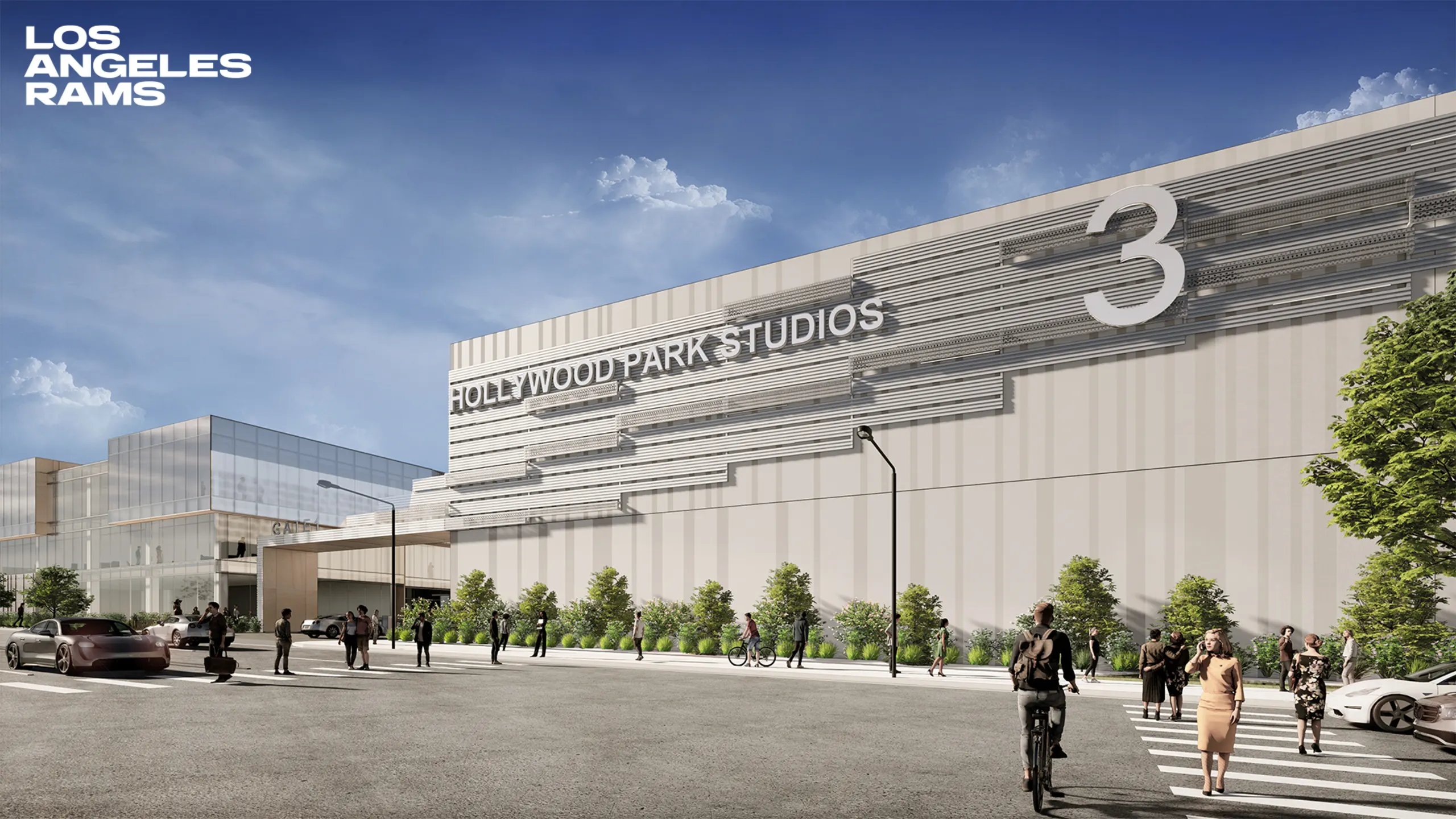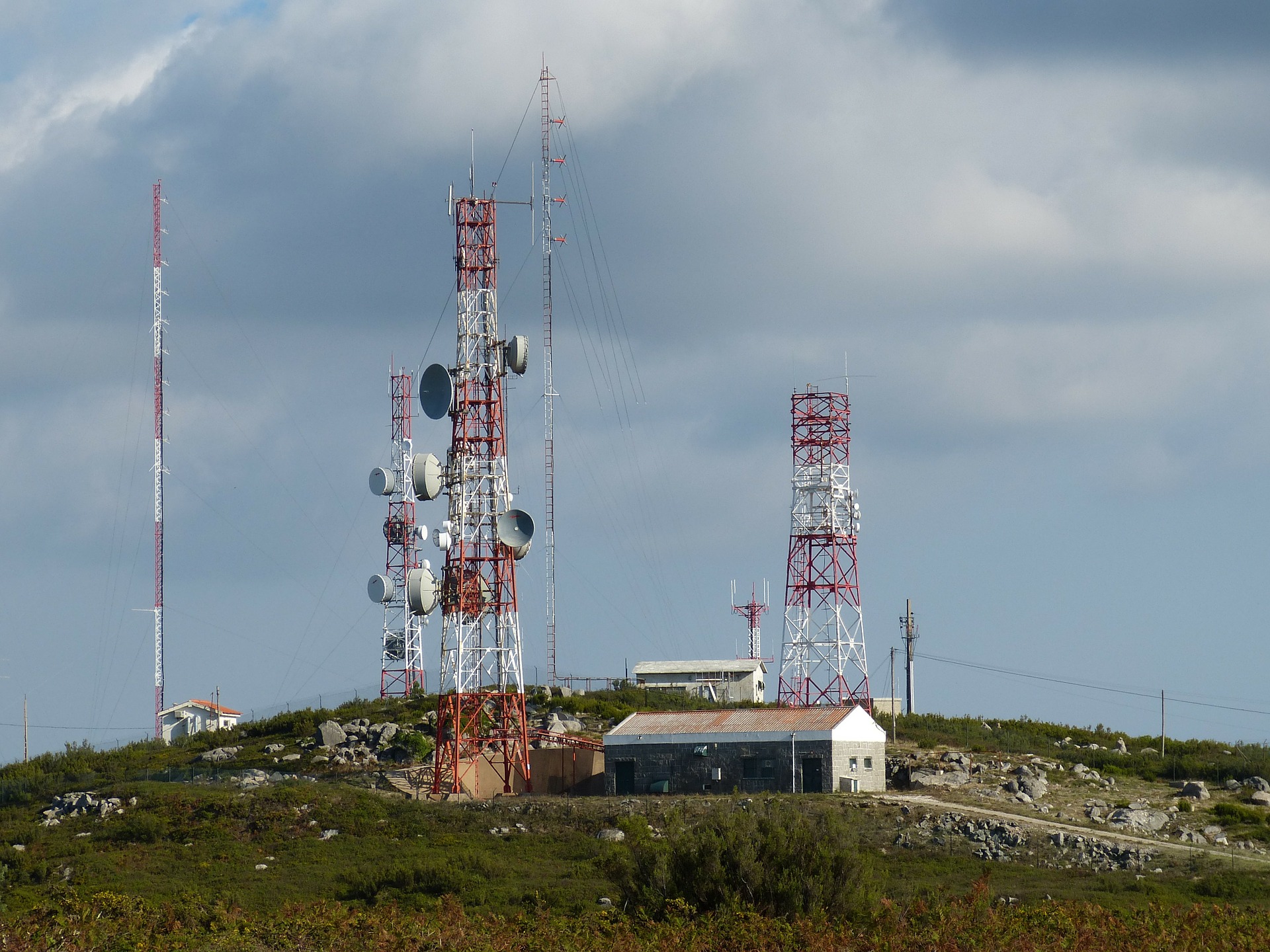FCC Chair Carr Appointed to LA28 Olympics Task Force
FCC is already working on spectrum management and other issues related to the upcoming games, the agency reported

WASHINGTON—Following an Executive Order issued by President Donald Trump that appointed Federal Communications Commission Chair Brandan Carr to a White House Task Force on the 2028 Summer Olympics, Carr issued a statement saying the regulatory agency is already at work on spectrum management and other issues related to the games.
“I want to express my thanks and appreciation to President Trump for the opportunity to join the White House Task Force on the 2028 Summer Olympics,” Carr said. “The 2028 Summer Olympics in Los Angeles offers an opportunity to showcase America’s athletic excellence and the patriotism of our great nation. To get there and to fully realize this opportunity, a lot of work needs to take place – including here at the FCC. In keeping with the President’s action today, the FCC will bring our expertise to bear to meet the spectrum needs and other operational requirements of this historic event. I look forward to working with the Task Force and all stakeholders to deliver on the President’s goal of making this one of the most successful sporting events in history. The FCC’s talented staff have already been hard at work, and today’s Executive Order recognizes their important contributions.”
The FCC noted that the 2028 Olympic and Paralympic Games will be one of the largest sporting events ever hosted in the United States, bringing together over 50 sports, 800+ events, and more than 3,000 hours of live action across more than 40 venues around Los Angeles, southern California, and Oklahoma City.
The scale of the Games raise a number of critical issues relating to spectrum management given the large crowds and fact that many wireless devices will be operating simultaneously within the RF spectrum during the games. These devices include critical applications such as timing apparatus for events, radio communications for event coordination and security, and broadcast operations that are vital to seamless, world-wide, coverage and the overall success of the Games, the agency said.
To address those issues the FCC said it will work alongside our Federal, state, and local partners, as well as the LA28 Olympic Committee and other stakeholders to help ensure robust, reliable communications and that its staff has been actively working with partners across the U.S. government and the LA28 Olympic Committee in preparation for the Games. These efforts are led by the FCC’s Public Safety and Homeland Security Bureau, with support the Enforcement Bureau, Wireless Telecommunications Bureau, the Office of Engineering and Technology, and others, the agency said.
The Games also raise some questions about the potential impact of upcoming spectrum auctions that the FCC is planning and proposals for a sunset of ATSC signals in Feb. 2028 for the top 55 markets, which would include L.A.. In the past, broadcasters have argued that a cutoff date would allow them to offer many new features in their coverage. During the 2024 Olympics, broadcasters used 3.0 capabilities offer HDR and other features in 55 markets.
The professional video industry's #1 source for news, trends and product and tech information. Sign up below.
George Winslow is the senior content producer for TV Tech. He has written about the television, media and technology industries for nearly 30 years for such publications as Broadcasting & Cable, Multichannel News and TV Tech. Over the years, he has edited a number of magazines, including Multichannel News International and World Screen, and moderated panels at such major industry events as NAB and MIP TV. He has published two books and dozens of encyclopedia articles on such subjects as the media, New York City history and economics.

